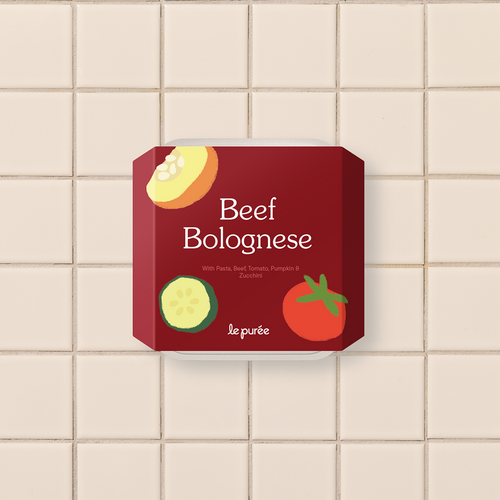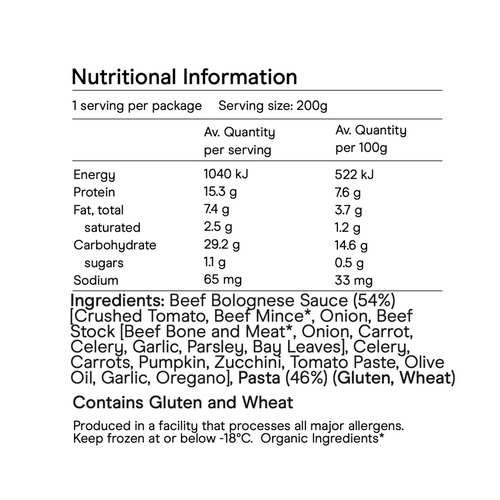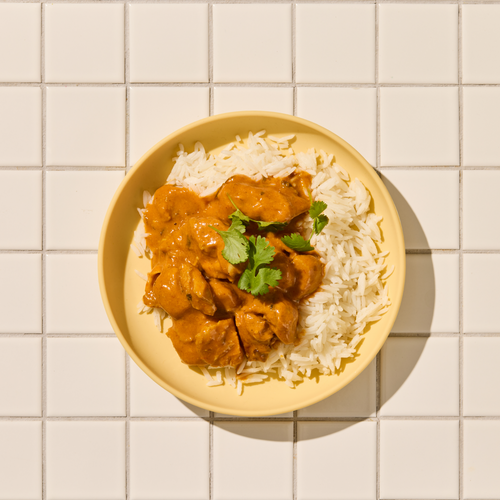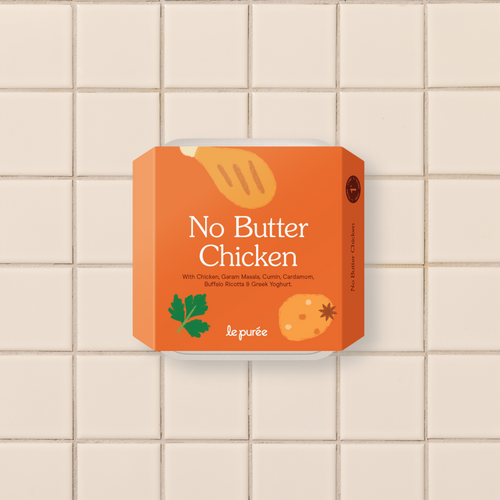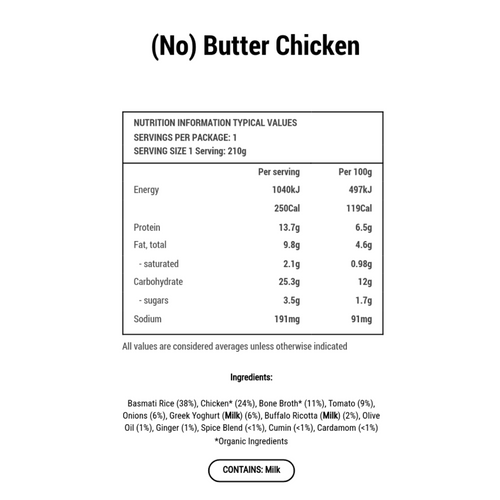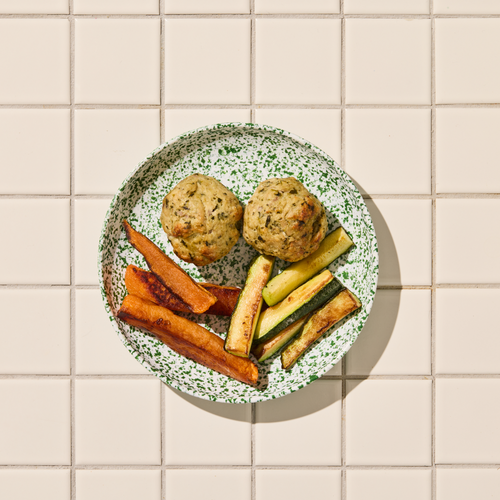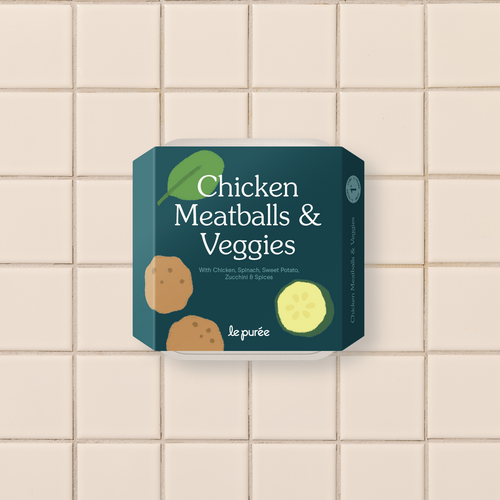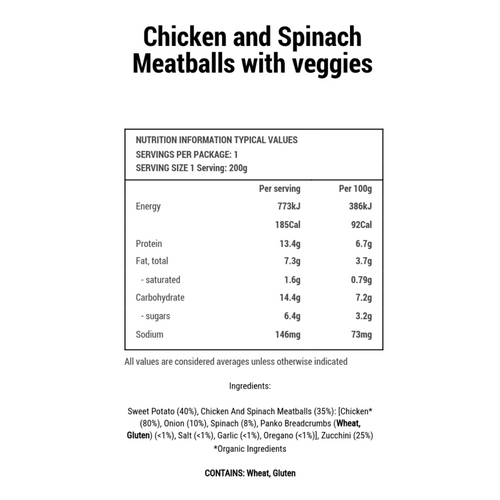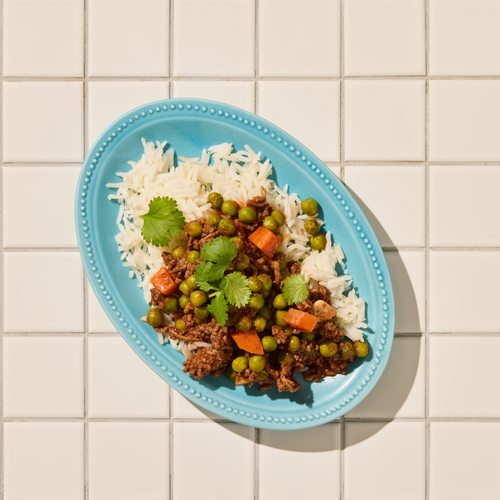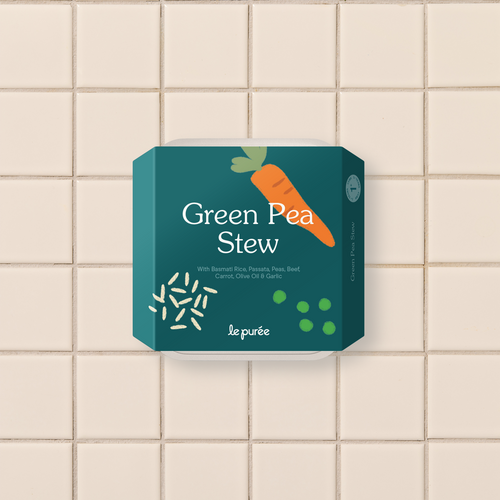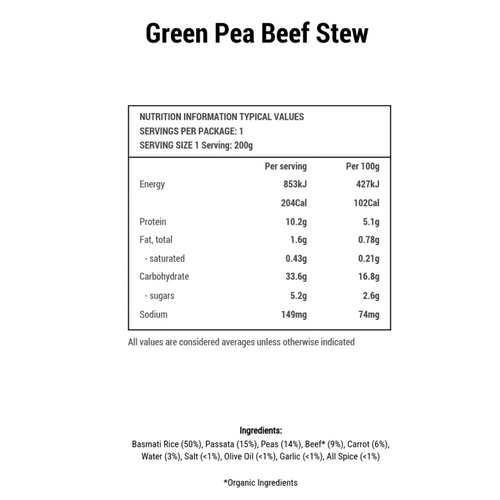Written by: Dr. Gina Cleo; Phd, Habit Expert, Dietitian, Speaker and Author of "The Habit Revolution"
Interview Responses for Parents of Young Children, by Phd, Habit Expert, Dietitian & Speaker: Dr. Gina Cleo...
What is a habit?
A habit is a routine behaviour that is repeated regularly and tends to occur subconsciously. Habits are formed through a process where behaviours become automatic responses to specific cues or contexts over time. They play a significant role in shaping daily life and can be either beneficial, such as exercising regularly, or detrimental, like smoking. Understanding and modifying habits can lead to significant changes in behaviour and overall well-being.

Are eating habits passed down from parents to children, or are they genetically programmed before birth?
Eating habits are influenced by a combination of factors, including both environmental influences from parents and caregivers and genetic predispositions.
Here are some examples:
Environmental Influences:
- Modeling Behaviour: Kids watch and learn from their parents. Parents’ behaviours, food choices, meal patterns and attitudes towards food are observed and often adopted by their children.
- Family Practices: Cultural and family traditions around meals, such as the types of food served, meal times, and social aspects of eating, shape what and how children eat.
- Parental Control: Parents decide what food is available and how meals are structured, which impacts children's eating habits.
Genetic Influences:
- Taste Preferences: Some taste preferences are genetic, like sensitivity to bitter flavours, which can influence food choices.
- Metabolic Factors: Genetics can affect how our bodies use and store energy, which can influence our eating habits and preferences for certain types of foods.
- Appetite Regulation: Genes can also affect how hungry or full we feel, impacting how much and how often a person feels the need to eat.
So, while genetics set the stage, the environment plays a crucial role in shaping eating habits.
What is the best way to avoid children picking up on their parent’s habits which they don’t want to pass along?
Some parents have their own eating preferences, which show up as habits. For example, if someone just doesn't like the taste of asparagus, they’re unlikely to eat it when it’s on their plate; so the habit would be to avoid it. We find that children see this habit and mimic it.
To prevent children from picking up on habits you'd rather not pass on, try these tips:
- Model Variety: Even if you don’t like certain foods, offer a variety of healthy options to your children and encourage them to try new things.
- Positive Reinforcement: Praise your kids when they try new foods, regardless of whether you like them.
- Separate Meals: Sometimes, prepare different meals for yourself and your kids to ensure they have a balanced diet.
- Open Discussion: Talk to your kids about food preferences and why trying different foods is important for a balanced diet.
Some breastfeeding Mums have told us that they can’t shake the habit of drinking bottomless cups of coffee because they're exhausted. What are some ways to change a habit which you’re trying to ‘break’?
Breaking a habit, especially one formed due to exhaustion, can be challenging but the good news is that all our habits can be changed - even the stubborn ones.
Here are some ideas:
- Gradual Reduction: Slowly cut back on coffee by replacing one cup at a time with decaf or with another drink like herbal tea. Our brains prefer to replace, not erase. So, by having another kind of drink, you will feel less deprived.
- Healthy Alternatives: Find other ways to boost your energy like a short walk, getting some sunshine, music, stretching, or quick, healthy snacks like nuts and fruits.
- Mindfulness: Practise mindfulness techniques to become more aware of your triggers for reaching for that extra cup of coffee and find healthier ways to manage stress and fatigue.
Breaking a habit takes time and patience. Be kind to yourself along the way. You’re doing great!

"In an alternate universe, where I have a spare 5 minutes in my day, what’s a quick habit I could incorporate which would make me feel better about my health?"
Even with a busy schedule, finding five minutes for a quick health boost can make a big difference to your mental and physical health.
Here are a few ideas:
- Mini Workout: Do a quick set of exercises like squats, lunges, or a short yoga routine to get your blood flowing.
- Breathwork: Practise deep breathing exercises to reduce stress and improve mental clarity. Try box breathing with the 5-5-5-5 method: breathe in for 5 seconds, hold for 5 seconds, exhale for 5 seconds, and hold again for 5 seconds. Repeat for 5 minutes.
- Hydration: Drink a glass of water to stay hydrated, which can improve your energy levels and overall health.
- Gratitude Journal: Spend a few minutes writing down things you’re grateful for, which can boost your mood and well-being.
Incorporating these small habits can enhance your overall health and make you feel better, even with a busy schedule.

"My child helps themself to a snack at 4pm every afternoon. She says she's hungry, and I am never organised enough with dinner by then. I don't want to deprive her if she's genuinely hungry. How can I best manage this?"
Managing your child’s hunger in the late afternoon can be tricky, especially if dinner isn't ready yet. Here are some tips:
- Healthy Snacks: Keep a variety of healthy snacks available, like cut-up veggies, fruit, yoghurt, or whole-grain crackers.
- Structured Snack Time: Set a specific snack time so your child knows when to expect it, helping manage her hunger consistently.
- Portion Control: Offer small portions to satisfy hunger without spoiling dinner. A balanced snack with protein and fibre can help keep them fuller longer.
- Involve Kids in Dinner Prep: Involve your child in simple dinner prep tasks to distract from hunger and make them excited about the meal.
- Plan Ahead: Try to plan dinner components earlier in the day or week to reduce the evening rush and stress.
These strategies can help manage your child's afternoon hunger and keep mealtime smoother.





